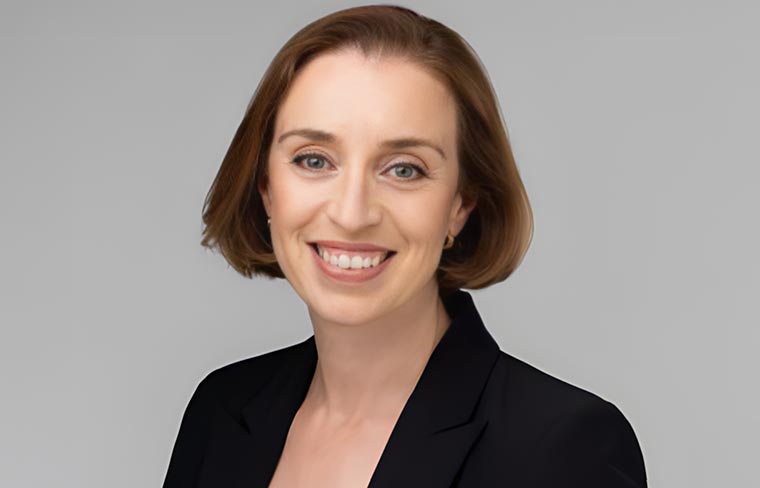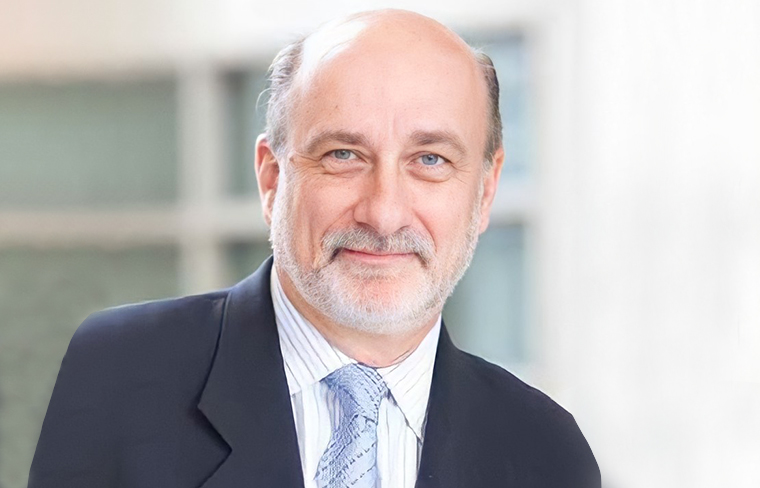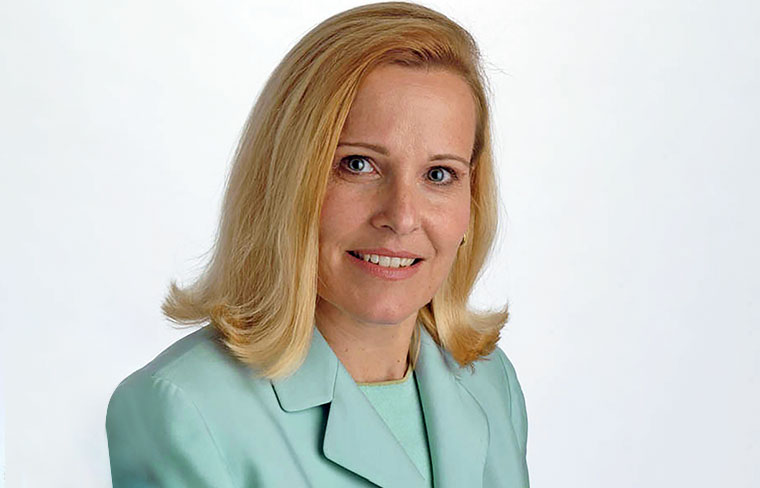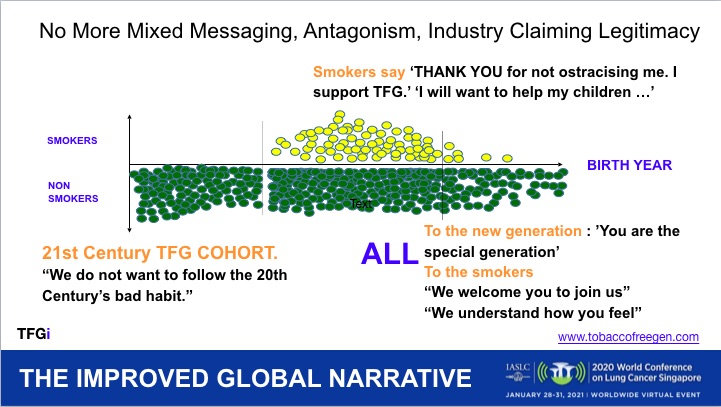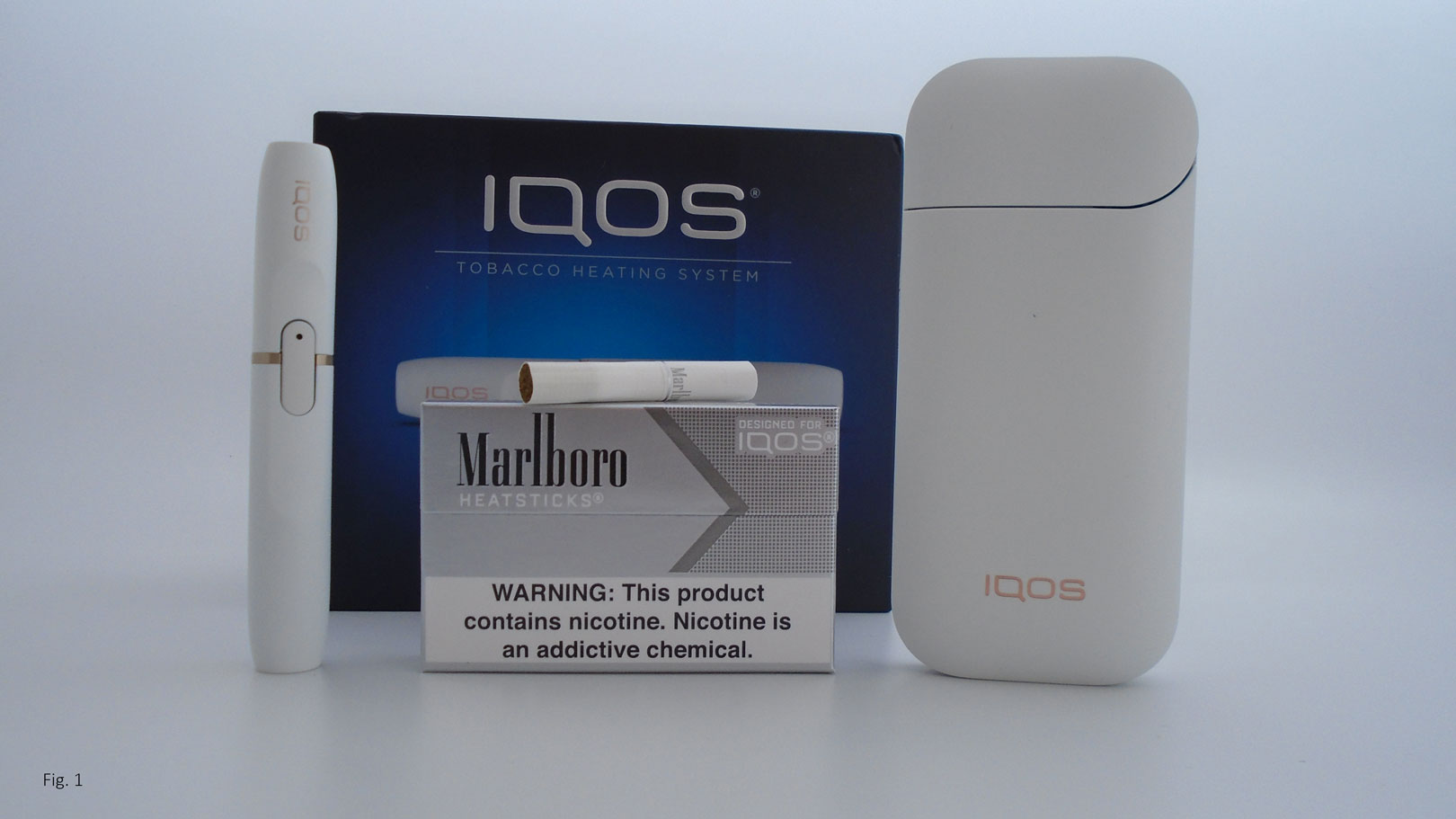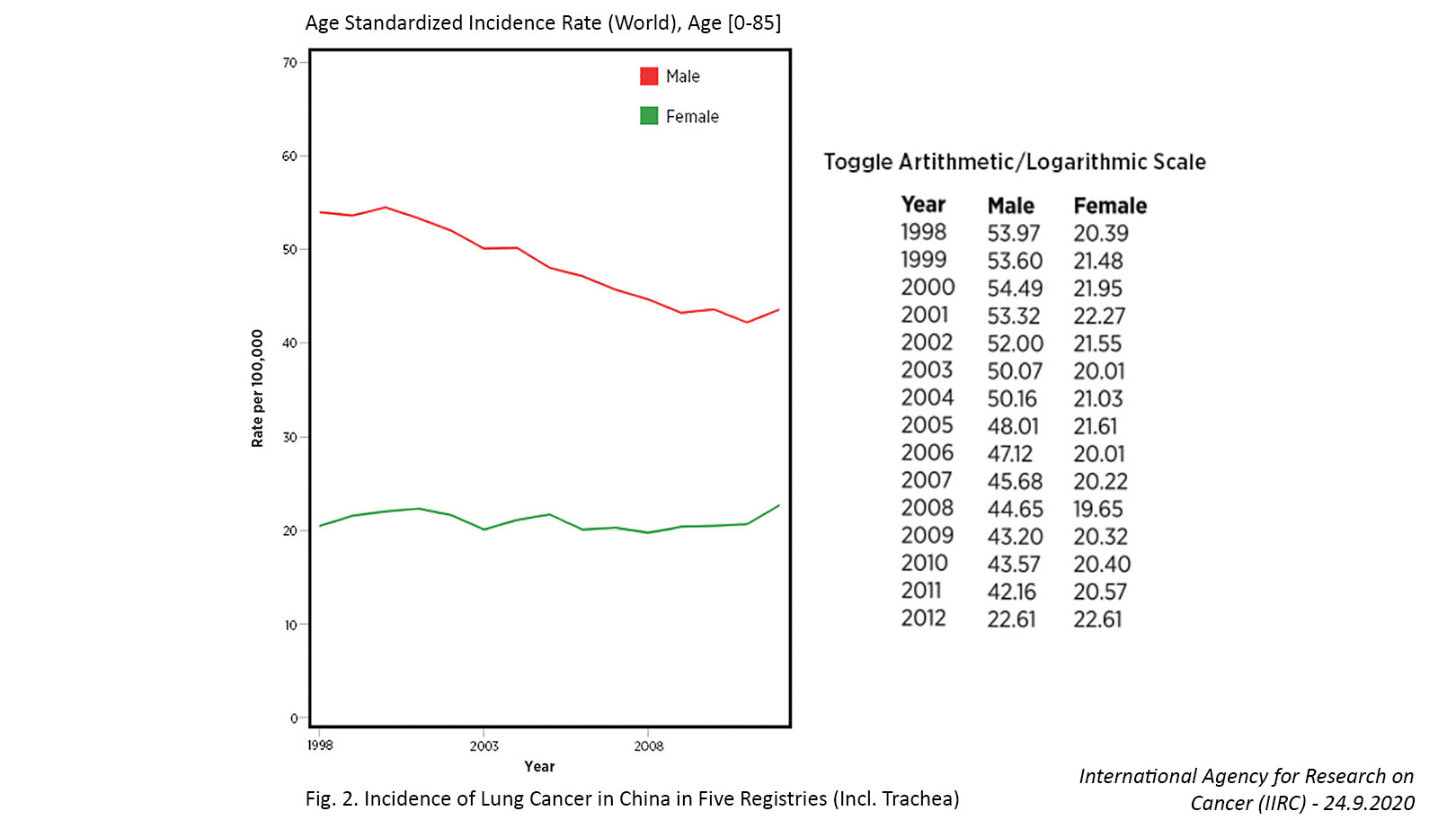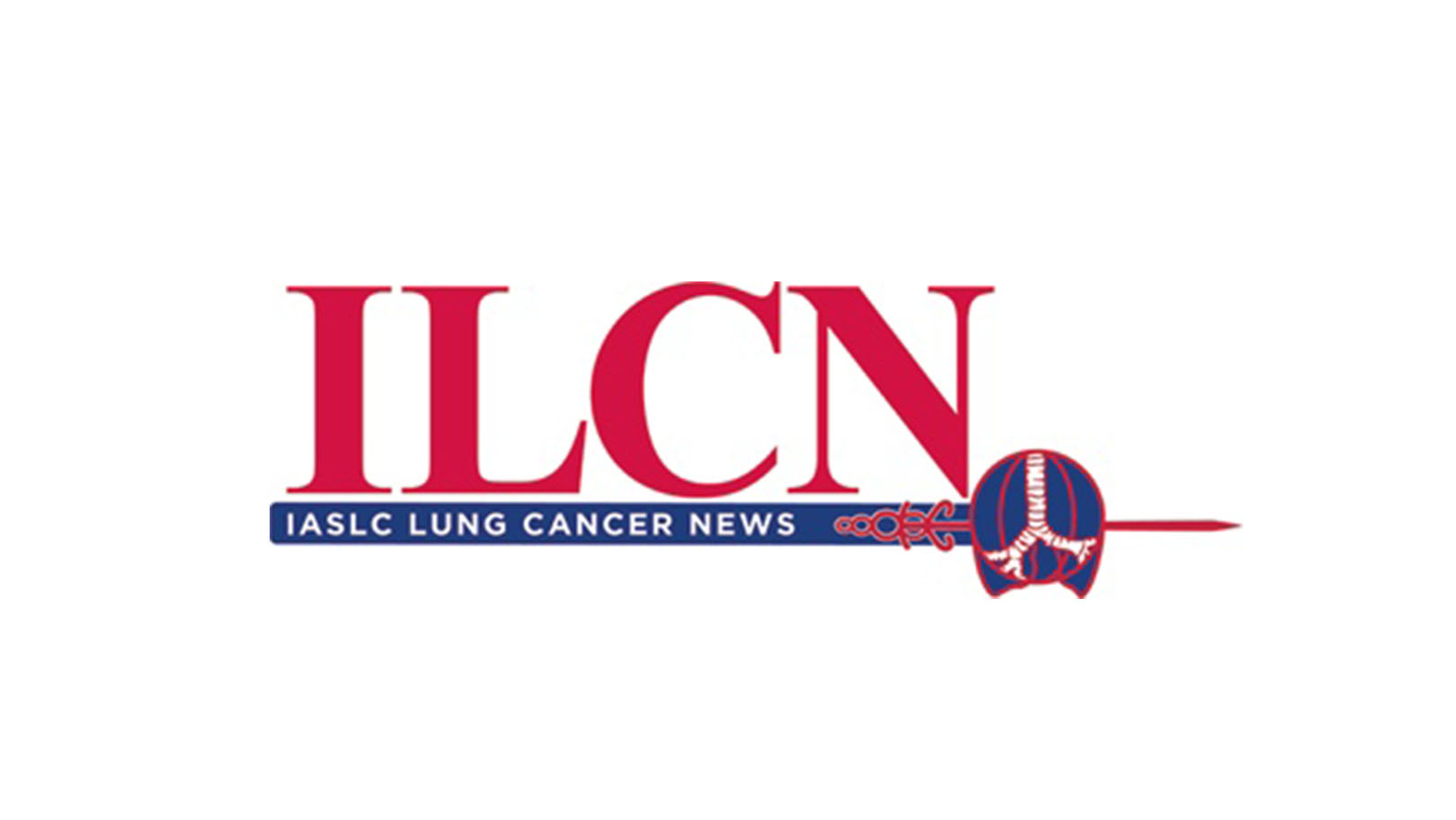-
Interim NADIM ADJUVANT Data Suggest Adjuvant Chemo-IO May Reduce Recurrence Risk in Patients Following Complete Resection
-
Final FLAURA2 OS Data Show Osimertinib Plus Chemo Offers Benefit Compared with Monotherapy
-
Potential Impact of GLP1-RAs on TKI-induced Weight Gain in Patients with NSCLC
-
No “Known” Risk Factors: The Health Consequences of Radiation Therapy
-
Discussion Covered Updates, Strategies, and Controversies in Lung Cancer Staging
-
No PFS, OS Benefit Seen in Final Results from PACIFIC-2
-
WCLC Attendees Hear Preview of Proposed Changes for the 9th Edition of the TNM Staging Classification for Thoracic Cancers
-
Treatment of Immunotherapy-Related Dermatologic Toxicities: An Interview with Dr. Mario Lacouture
-
A Holistic Approach to Patient Care
Tobacco Control & Smoking Cessation
-
Tobacco Control Impacts Everyone in Respiratory Medicine, JTO CRR Editor Says
In a Q&A with ILCN, new JTO Clinical and Research Reports Editor-in-Chief Dr. Emily Stone discusses her passion for tobacco control and the importance of open-access journals in elevating research globally.
-
Tobacco Control Committee Chair Discusses Recent Legislative, Research Developments
In a Q&A with ILCN, Dr. William K. Evans weighs in on vaping and flavored tobacco regulations as well as cessation and prevention efforts.
-
Alternative Approaches to Smoking Cessation May Fill Gap When Traditional Methods are Out of Reach
In Part 2 of our series on non-traditional methods to help patients quit smoking, Dr. Deepti Behl says it is important for healthcare providers to encourage their patients to quit smoking using current best practices as well as any other safe modality the patient perceives as helpful.
-
IASLC Releases Clinical Recommendations for Smoking Cessation After Cancer Diagnosis
While the harmful effects of smoking are well known, the negative impacts of continued smoking after a cancer diagnosis are underappreciated. With Lung Cancer Awareness Month under way, the association aims to change that with its new statement on tobacco cessation.
-
Public Interest in Complementary, Alternative Approaches to Smoking Cessation Growing
While evidence is mixed on the efficacy of some non-traditional methods, Dr. Deepti Behl says lung cancer physicians should be familiar with the options and support patients who are willing to try to stop smoking.
-
Envisioning A Tobacco-Free Generation
Million-dollar ad campaign characters such as the Marlboro Man and Joe Camel lured many people to take up the tobacco habit through magazine ads and TV commercials. Gimmicks such as […]
-
Controversy Regarding U.S. Marketing of New Heated Tobacco Product IQOS
Heated tobacco products (HTPs) are a growing category of novel tobacco products. They typically consist of an electronic heating component and a tobacco insert in the form of a cigarette-like […]
-
Physician's Twitter Campaign Boosts UK Quit Smoking Efforts
More than 1 million smokers—and counting—have #QuitforCOVID.
-
Decade in Review: Changes in Smoking Behaviors Are Altering the Clinical Picture of Lung Cancer
Lung cancer still holds the top position worldwide in terms of the number of new cases and deaths each year, which in 2018 reached 2.1 million and 1.8 million, respectively.1 Given that roughly 85% […]
-
Declaración de IASLC: dejar de fumar tras un diagnóstico de cáncer
Como bien se sabe, el tabaquismo es una de las causas de cáncer y es responsable de 1 de cada 3 muertes por cáncer al año. Aunque se conocen los […]







